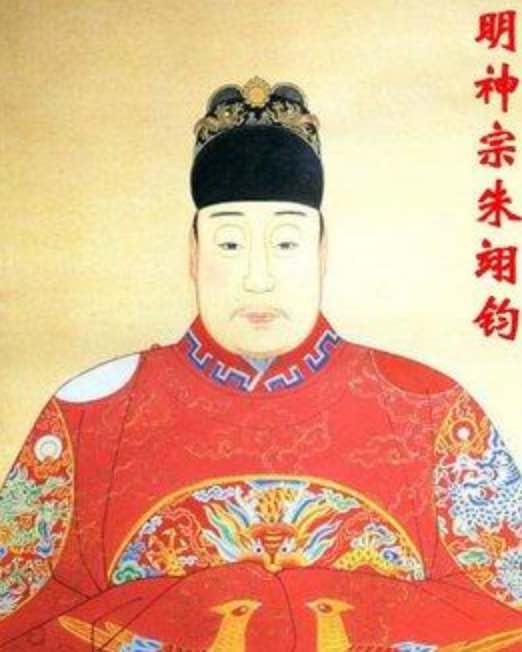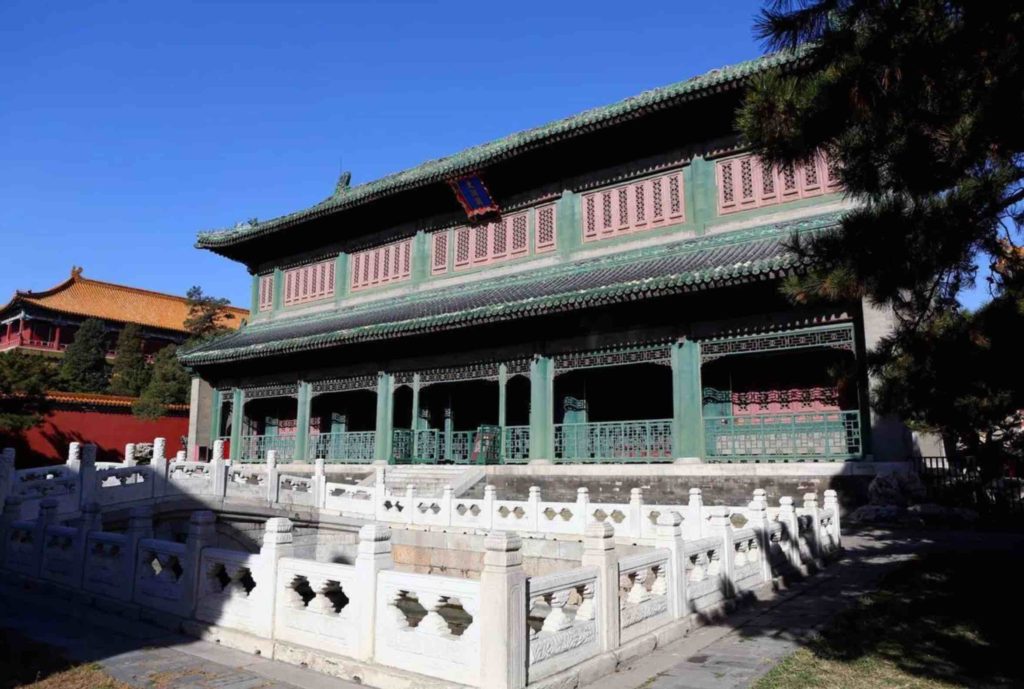Among the 16 emperors of the Ming Dynasty, you may find that each emperor has extraordinary experiences. The founder of the Ming Dynasty was Zhu Yuanzhang, who held court with officials every day to discuss national politics and how to make the dynasty stronger. It can be said that Zhu Yuanzhang is a hardworking and workaholic dictator.
When the throne came to the Wanli Emperor, he was obviously not as busy as Zhu Yuanzhang. He began to strike and stopped hold court in 1582.

To our surprise, although the emperor went on strike, the Ming didn’t decline and operated steadily. This situation was abnormal.
In fact, the reasons for the strike are numerous, including private ones, but they are not the focus. The point is that the decision-making mechanism of the empire allowed Wanli to be able to strike for more than 20 years, and the country wouldn’t descend into chaos.
At the beginning of the Ming Dynasty, due to the imperfection of the imperial decision-making system, Zhu Yuanzhang often had to hold court meetings with his officials to discuss how to handle the affairs of the empire properly. During Zhu Yuanzhang’s reign, he personally intervened in all significant decisions. The new realm needed a dictator to run smoothly.
By the time Yongle became the master of the Ming Dynasty, the empire’s decision-making mechanism was becoming mature and perfect. The emperor’s holding court gradually became a ritual. The primary purpose of the ceremony was to show the authority, which had no practical significance for the decision.
During Yongle’s reign, he set up a cabinet to reduce his work pressure. The essence of the cabinet was an assistant to the emperor, which helped the emperor to deal with the affairs of the country, but had no decision-making power.

On specific matters, the members of the cabinet would write down their suggestions on unique pieces of paper, and then submit them to the emperor for decision. In this way, the decision-making mechanism of the Ming Dynasty continued to develop until the Wanli.
Perfect decision-making mechanism allowed Wanli emperor not to hold court for more than 20 years, but the Ming didn’t collapse.
Wanli was the fourteenth emperor of the Ming Dynasty. During this period(1572-1620), the empire’s decision-making mechanism was more perfect.
For the emperor, not participating in such ritual activities would not affect the regular operation of the state apparatus. In the empire’s decision-making process, some officials would be responsible for discussing how to deal with something and writing suggestions on special paper before leaving it to the Wanli Emperor for decision-making. Once Wanli approved the ideas of the officials, the proposal would be implemented.
In fact, Wanli rarely read the submissions of officials by himself, and more often, he asked the eunuchs around him to do the work for him. Wanli’s practice expanded the power of eunuchs in the late Ming Dynasty.
In Conclusion
Compared to Zhu Yuanzhang and Yongle, Wanli was a lazy emperor. Wanli didn’t hold court for more than 20 years, but the decision-making system of the Ming Dynasty was still capable of ensuring the smooth running of the empire.
We must know that Wanli wasn’t the only person managing the country, but a huge bureaucratic team leading the country. Even if the leader of this team is lazy, the other members of the group would still help the emperor to keep the regular order of the country.




